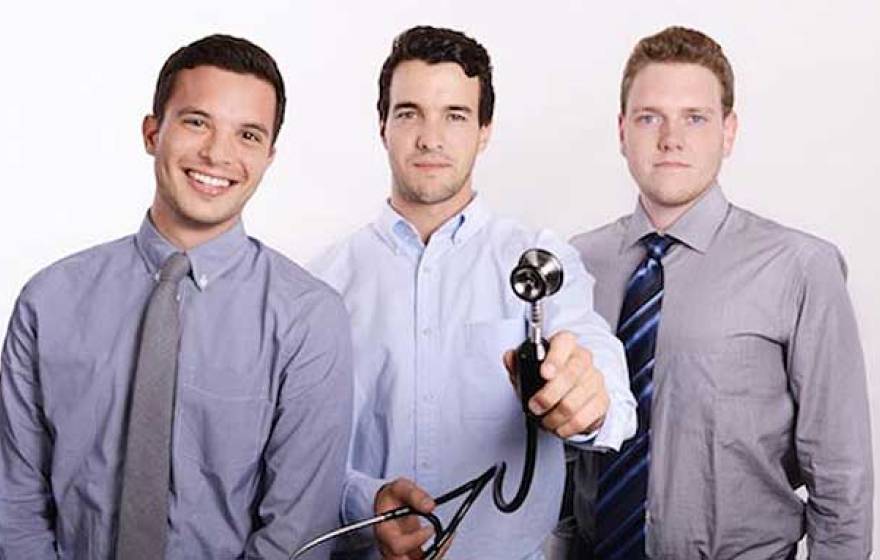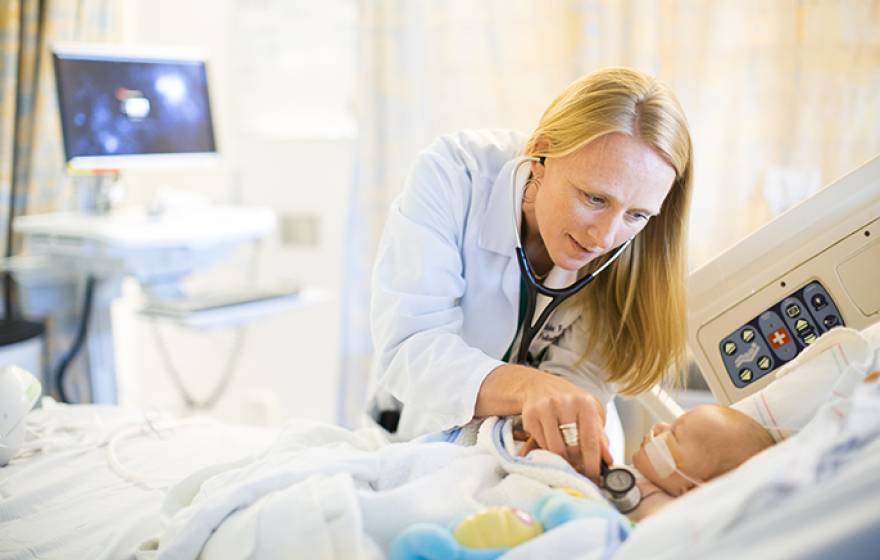Zev Gartner's innovative work in 3-D tissue generation has earned him a spot on Popular Science's 'Brilliant 10' list of 2015.
Building human breast tissue, cell by cell
Hearts build new muscle with this simple protein patch
Successful in mice and pigs, researchers hope to test the patch in human clinical trials as early as 2017.
Single protein at the root of dengue's virulence
Blocking this protein may prevent the virus' lethal effects, and ultimately may lead to a vaccine.
Alumni startup’s digital stethoscope green-lighted by FDA
Federal clearance sets the stage for unlimited clinical use of the tool by Eko Devices, a Skydeck accelerator-nurtured business.
Sleep deprived get sick more often
Short sleepers are four times more likely to catch a cold, suggesting a rested immune system works better.
HIV particles don't cause AIDS — our own immune cells do
Virus turns host immune cells into suicide machines, using them to spread the virus and cause the progression from infection to disease.
NIH grants to help turn discoveries into medical advances
UC Irvine, UC San Diego receive renewed Clinical and Translational Science Awards.
Precision medicine initiative funds UC Santa Cruz pediatric cancer project
State initiative provides $1.2 million for the Genomics Institute's California Kids Cancer Comparison project.
How to convince vaccine skeptics, and how not to
UCLA and University of Illinois psychologists find a way to change minds.
California Initiative to Advance Precision Medicine announces funding for 2 projects
Use of big data to identify cancer treatments and a DNA sequencing test to diagnose hospital infections are the first projects of UCSF, UC Health initiative.









